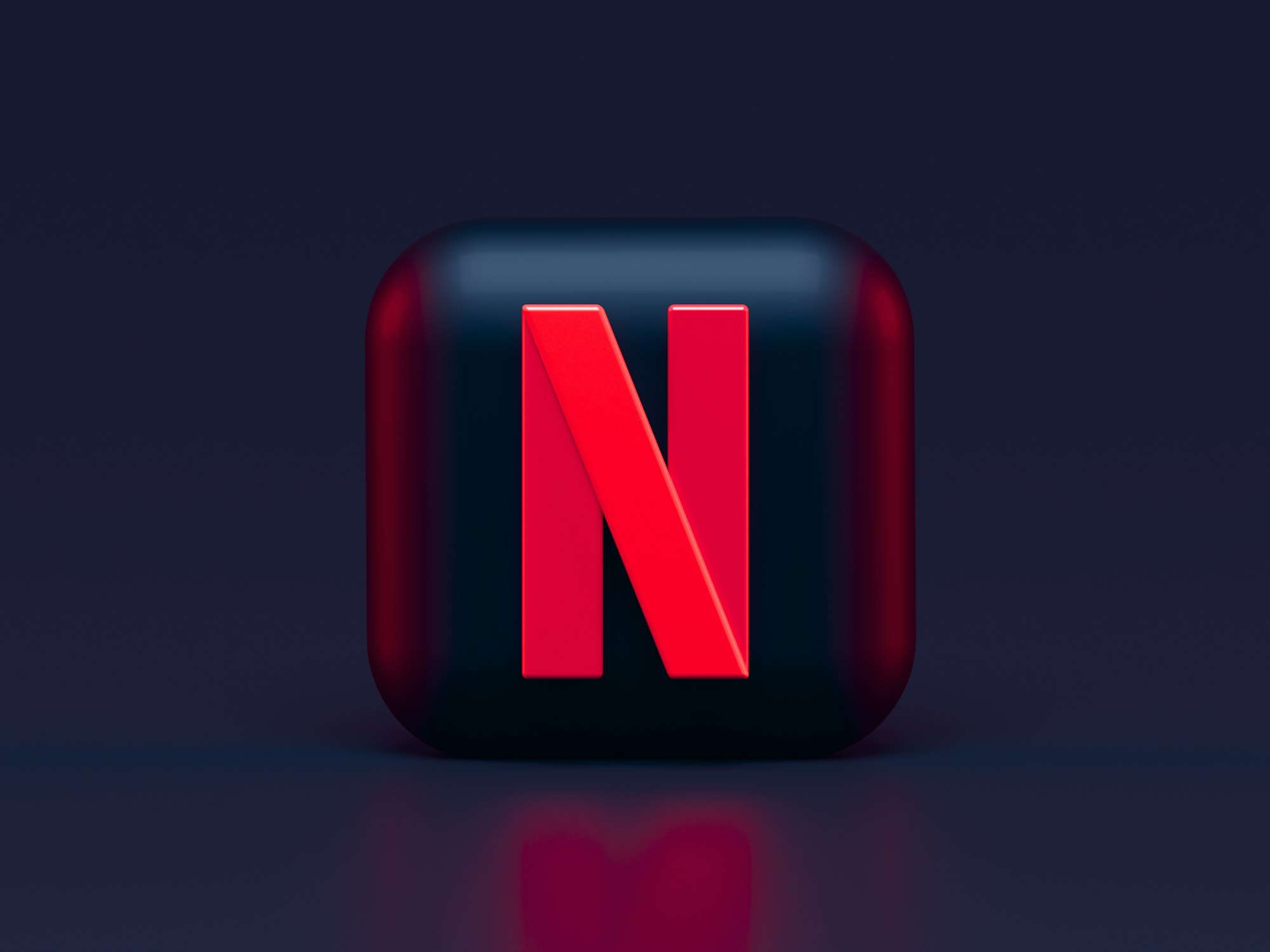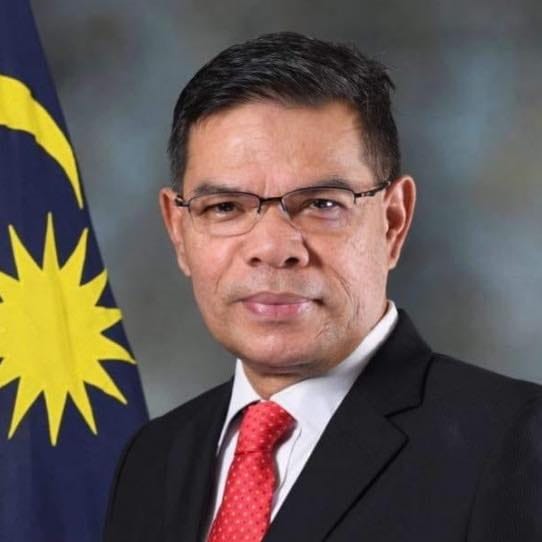Malaysia's Approach to Censoring LGBTQ Content
The nation faces the challenge of harmonizing traditional values with evolving global norms. Engaging in respectful dialogue and considering diverse perspectives aids in navigating these sensitive issues.

Malaysia, a diverse and culturally rich nation, finds itself at a crossroads in the debate surrounding the censorship of LGBTQ content on streaming platforms. In this article I try to examine the chronology, cultural context, and arguments surrounding Malaysia's recent move to restrict the airing of LGBTQ content, while also highlighting the significance of upholding freedom of expression and protecting the rights of all individuals.

The journey toward stricter censorship measures in Malaysia:
1. January 2024: Multiple complaints surface, reaching the Malaysian government's ears, expressing concerns about the growing visibility of LGBTQ content on streaming platforms. Religious groups and concerned citizens voice their apprehensions over what they regard as the erosion of the nation's moral values.2. February 2024: Muslim religious groups organize protests, urging the government to take action against the perceived degradation of societal morals resulting from the dissemination of LGBTQ content. These demonstrations attract domestic and international attention, igniting heated discussions on cultural identity and freedom of expression.3. March 2024: Malaysian regulators propose new legislation that seeks to enforce stricter censorship guidelines specifically targeting streaming services. Human rights organizations and activists express concerns over potential violations of freedom of expression and the marginalization of LGBTQ individuals.
Malaysia's Cultural Perspective and Proponents of Censorship:
Supporters of the censorship movement argue that Malaysia should prioritize its unique cultural path instead of bowing to external influences. They believe that the nation's cultural and traditional values must take precedence over global trends. While endorsing the significance of freedom of expression, proponents contend that absolute freedom does not exist and must be balanced with the need to protect societal values.
Proponents assert that every country should be allowed to shape its own cultural landscape within the framework of human rights and respect for individuals. They argue that comprehensive measures to regulate LGBTQ content should be viewed as a means of safeguarding Malaysia's distinct cultural identity rather than suppressing LGBTQ communities. Supporters maintain that striking the right balance between individual liberties and collective values fosters social harmony and stability.
Moreover, proponents express concerns about the potential consequences of not curbing the dissemination of LGBTQ content. They fear that exposure to such themes may lead the younger generation astray from the cultural and religious norms cherished by the majority. Supporters argue that without proper guidance, Malaysian society could face moral dilemmas that threaten social cohesion and moral grounding.
Read More WF News

Freedom of Expression and Critics of Censorship:
Critics of the censorship movement believe that stricter measures limit artistic freedom, hinder diversity, and perpetuate discrimination against the LGBTQ community. They contend that freedom of expression is a fundamental human right and an essential pillar of a democratic society. Critics argue that the marginalization of LGBTQ individuals through censorship perpetuates societal prejudices and inhibits progress toward inclusivity and acceptance.
International human rights organizations, such as Amnesty International and Human Rights Watch, have criticized Malaysia's tightening censorship measures, maintaining that they infringe upon fundamental human rights and contradict established international standards. These organizations emphasize the importance of protecting individual liberties and advocate for education, dialogue, and understanding to foster inclusivity rather than resorting to censorship.
Striking a Delicate Balance
Amidst this complex debate, it is vital for Malaysia to strike a delicate balance between cultural preservation and human rights. The nation faces the challenge of harmonizing traditional values with evolving global norms. Engaging in respectful dialogue and considering diverse perspectives aids in navigating these sensitive issues.
Malaysia finds itself contending with the tension between preserving cultural values and upholding freedom of expression in the face of LGBTQ content on streaming platforms. The chronology of events highlights the concerns expressed by citizens and religious groups, leading to the proposal of stricter censorship guidelines. The advocacy by proponents emphasizes the need to protect cultural traditions and values. On the other hand, critics stress the importance of maintaining individual rights, promoting inclusivity, and avoiding discrimination.
As Malaysia continues to navigate these contentious issues, fostering open dialogue, respecting diversity, and finding common ground will play pivotal roles in shaping the country's approach to censorship. The nation's ability to balance cultural preservation with the principles of freedom and inclusivity will contribute to its progress on the global stage. Ultimately, the future landscape of LGBTQ content in Malaysia will influence not only its cultural identity but also its stance on human rights and democratic values.


